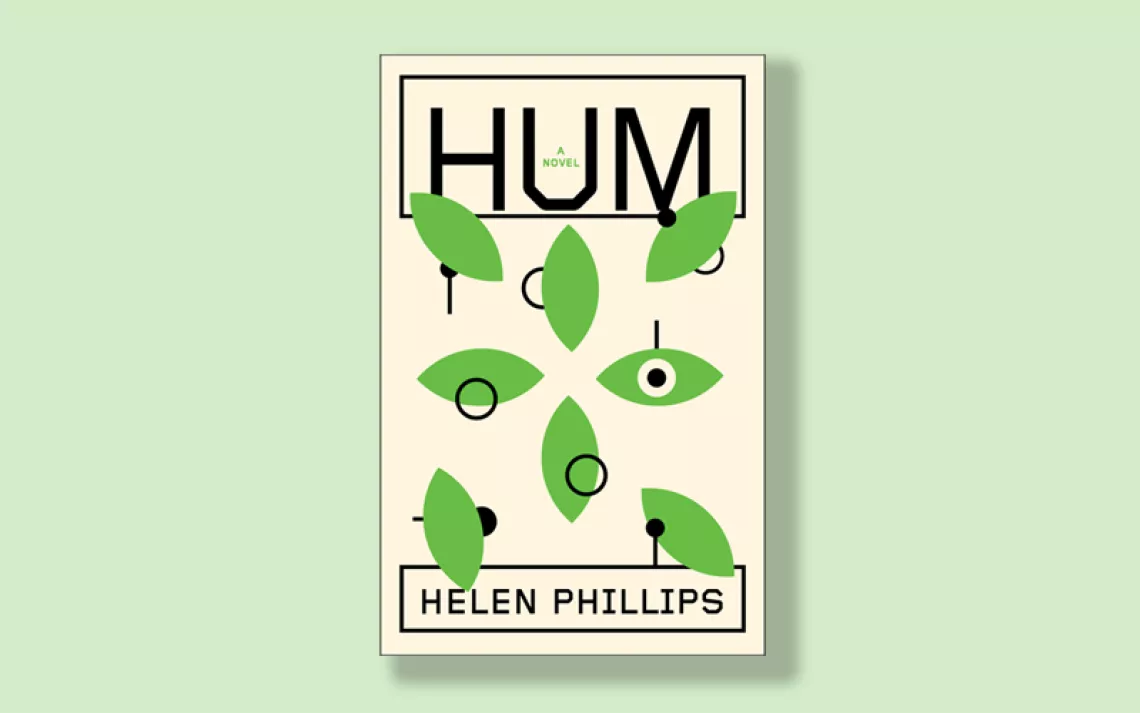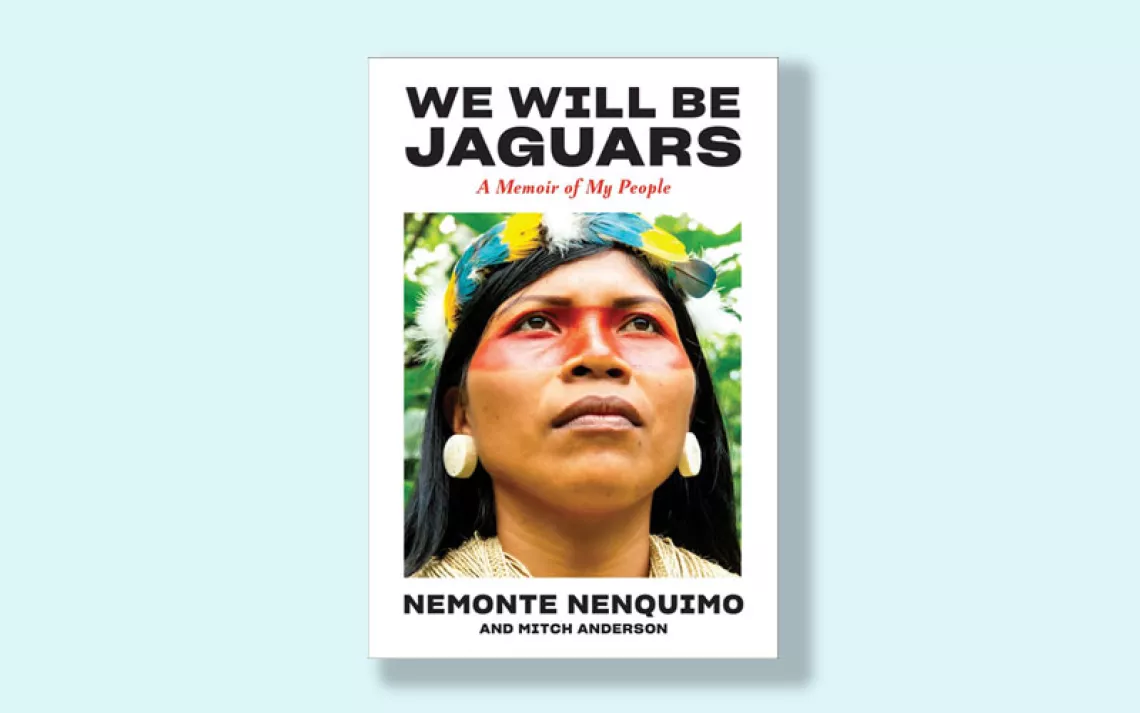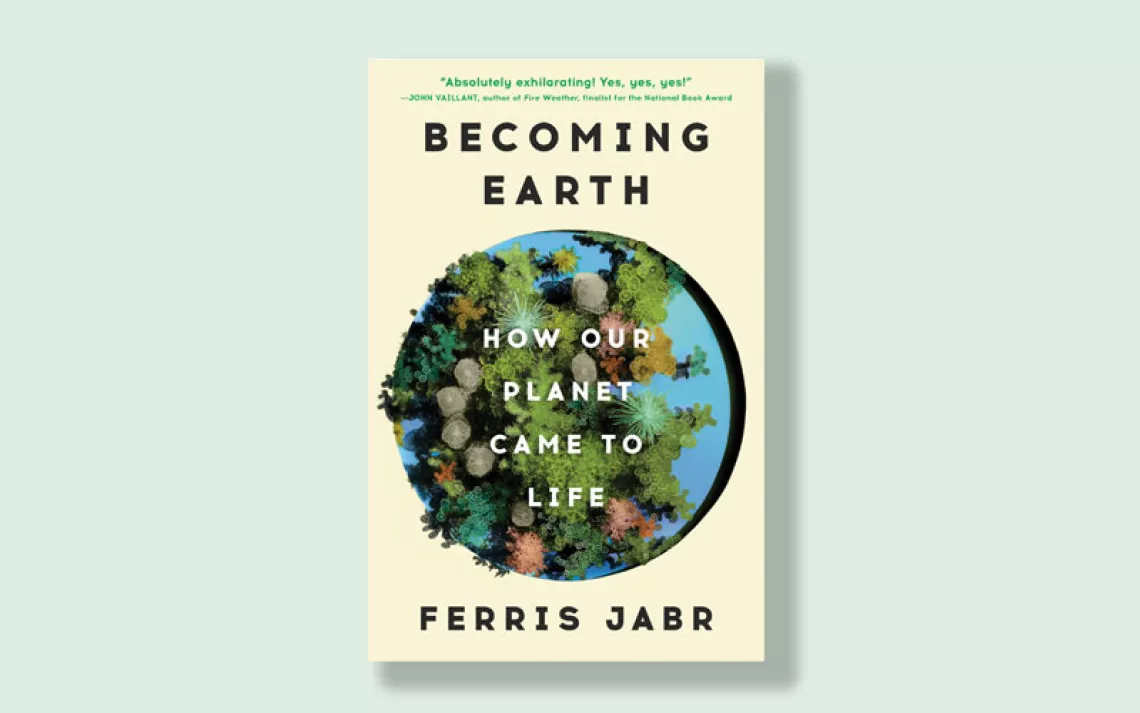The Fall of the Insect Empire?
If you don't already love insects, you will after reading Oliver Milman's "The Insect Crisis"

The world as we know it cannot exist without insects. Without pollinators, there would be no apples, coffee, honey, tomatoes, or blueberries. Many traditional medicines used for a thousand years, such as one made from beetle larvae to treat cirrhosis, come from insects. The $100 billion chocolate market depends on tiny midges. The world would be more silent—birds and frogs that rely on insects to survive would gradually disappear. And the planet would be far less fragrant—most flowering plants depend on insects, while others dispose of animal feces and rotting corpses. We risk losing much of the richness of our world if insect populations continue to decline because of habitat loss from mass industrialization, the rampant use of pesticides, and a warming planet.
"Start yanking enormous numbers of insects out of the environment and the whole web of life, including humanity, is thrown off kilter," Oliver Milman writes in The Insect Crisis: The Fall of the Tiny Empires That Run the World (W.W. Norton, 2022). Milman tracks insects' sobering recent history and spiritedly advocates for actions we must take now to address the crisis (banning all neonicotinoids, to start). Along the way, he surveys the entomological "obsessives" whose work has made possible all that we know about insects and the plight we've created for them. The Krefeld Entomological Society in Germany, for example, houses at least 100 million insects in unused classrooms. In Denmark, ecologist Anders Pape Møller has spent the past 26 years using his windshield as a splattered petri dish for tracking insect populations.
What would the world be like without the Dracula ant, which can snap its mandibles at 200 miles per hour? Or the woolly bear caterpillar, which produces its own antifreeze to protect itself from the cold? What would happen should we lose these and other invertebrate wonders and all they make possible? "We need them far more than they need us," Milman writes. "The insect crisis is, from our own self-interested point of view, a human emergency."
 The Magazine of The Sierra Club
The Magazine of The Sierra Club



